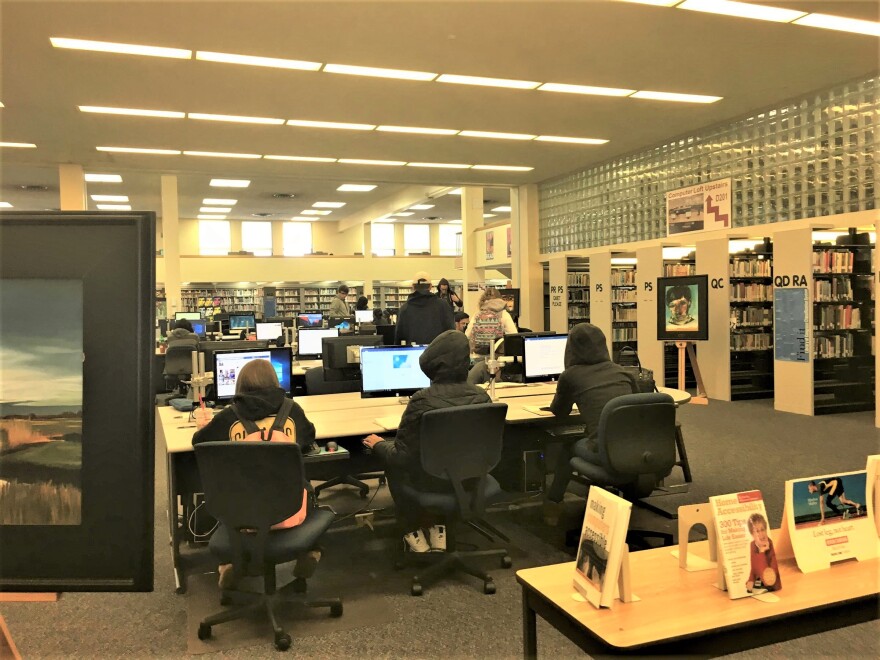SUNY is working to make sure students are provided with proper mental health supports. WBFO's senior reporter Eileen Buckley has the story.
"As a licensed clinical psychologist, I thinks it's critical - I think it's the piece we've been missing,” Dan Hocoy, President, Erie Community College.
With more and more college students reporting troubles with anxiety and depression, Hocoy tells WBFO News on three ECC campuses staff continues working to make sure students are given the help they might need.
“Because I am a licensed clinical psychologist, I’ve made sure that all our unit heads from security to our counselors can start to see our students with that lens and to identify any issues that might come up before they become problems. It’s really helpful that they have contact with our students on a day to day basis and they have relationships with our students, so they can detect when there’s changes in their mood or their mental health status, so that’s been very helpful,” remarked Hocoy.
SUNY has piloted a new program this year where about ten campuses are conducting tele-mental health counseling. While appearing last week on the ECC north campus, SUNY Chancellor Kristina Johnson said work continues to expand the services to more and more campuses.

“So we’re going to be able to expand that. We received double the funding, so I think that will be very helpful – using new technology – new tools in order to reach more students,” Johnson responded.
At the University at Buffalo, where many more students from all over the world attend, President Satish Tripathi said students must be able to find the help they need while on campus.
“Really, if you think about the last few years, the number of counselors have gone up quite a bit. We have people who are professionals who are able to identify things – so really there are a lot of resources that have gone into – because this is a problem and we really have the whole sort of ‘group of people’ who just worry about it and work on this all the time,” Tripathi explained.

Tripathi tells WBFO privacy and confidentially can create obstacles, but with professionals keeping a close watch on campuses, it can make a difference in reaching students





